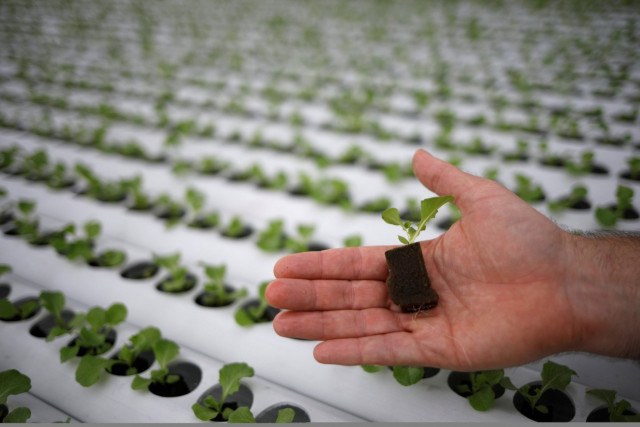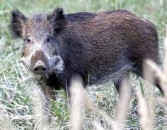CDA to set up first-ever food lab
Capital Development Authority’s chief summons DWP meeting next week

To clamp down on spurious, adulterated and hazardous food items, the apex civic agency of the federal capital has decided to set up a food laboratory in the federal capital.
This was decided during a high-level meeting between the different civic administrators and managers of the city on Thursday. The meeting at the Capital Development Authority (CDA) Chairman and Islamabad Capital Territory (ICT) Administration Chief Commissioner Aamer Ali Ahmed, was attended by the ICT Deputy Commissioner Hamza Shafqaat, Local Government executive engineer and other officers of CDA and ICT administration.
It was decided that the CDA will establish the food laboratory in collaboration with the administration.
In this regard, the administration presented a project concept-I (PC-I) for the establishment of a main stationary lab along with mobile labs for the city worth Rs300 million.
Terming the project as essential for testing the quality of food in the city, the CDA chief directed to summon a meeting of the authority’s Development Working Party (DWP) in the upcoming week to consider the project.
Ahmed noted that the establishment of a lab to test foodstuff supplied in the federal capital was an essential requirement.
‘Constitutional amendment needed to alter CDA board’
In this regard, the meeting was informed that the ICT administration has already secured approval to hire staff for the laboratory while a law, under which the lab will be set up and operate, is in the process of approval.
While the ICT administration has been regulating eateries in the federal capital for years, the city lacks a formal food authority as found in neighbouring Punjab and Khyber-Pakhtunkhwa (K-P) provinces. A draft law to set up a food authority in the federal capital has been in the works since 2017.
In details shared with the media by the then special assistant to the prime minister on law Zafarullah Khan, the bill calls for constituting an authority comprising nine members. That bill, however, listed the mayor of the Islamabad Metropolitan Corporation (IMC) as the chairperson of the authority.
Other members of the authority include representatives of the CDA, the ICT administration, administrators of the health division, representatives from the Islamabad Chambers of Commerce and Industry (ICCI), two food technologists and two representatives of citizens and consumers.
The authority, the bill states, will have the power to formulate standards, procedures, processes licences and guidelines on any aspect of food production or sale including businesses, labelling, and additives apart from specifying appropriate enforcement systems.
Moreover, the authority will set up a system where a network of food operators and consumers will facilitate food safety and quality control.
Similarly, it will also organise training programmes in food safety and standards.
The authority will also notify Food Safety Officers, who will be authorised to draw samples of any food or any consumable substance, which appears to be intended for sale. These officers will be empowered to seize any food which appears to be in contravention of the law.
Published in The Express Tribune, September 4th, 2020.



















COMMENTS
Comments are moderated and generally will be posted if they are on-topic and not abusive.
For more information, please see our Comments FAQ